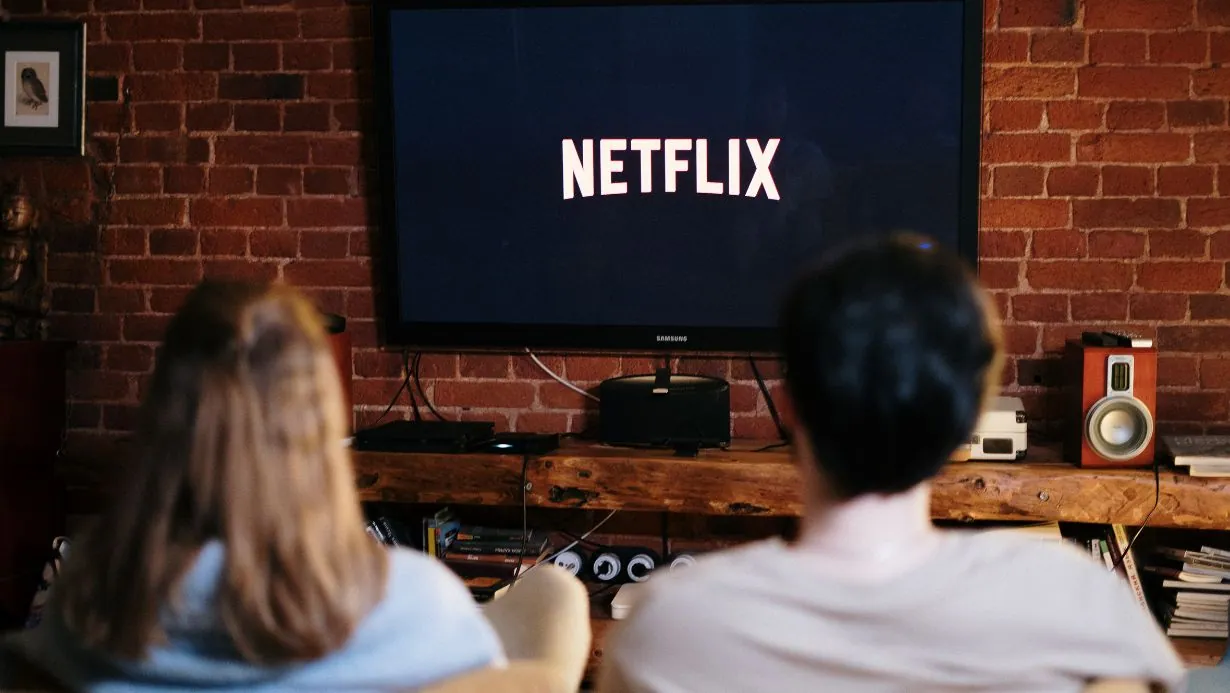Netflix is cracking down on password sharing, but will this alone be enough to regain subscribers? We take a closer look at the new policy and its potential impact on the streaming giant’s user base.
A few years ago, Netflix announced it was considering banning password sharing. While some threatened to cancel their Netflix subscriptions, others followed through and closed their accounts.
I certainly did not like the idea. But let’s be honest: It had to happen.
Netflix turned a blind eye to password sharing for years, even winkingly encouraging it on social media during Netflix’s exponential growth phase that took it to its $690 share price high in 2021.
In 2022, Netflix lost subscribers for the first time in more than a decade – about 200,000 accounts in the first quarter and close to 1 million in the second.
The streaming landscape has become much more crowded than it was when Netflix began offering its library online in 2007. Think Hulu, Disney+, Prime Video, Paramount+, and others.
Suppose you are one of Netflix’s co-CEOs: Your company is losing subscribers, your competitors are circling you like vultures, and, at the end of the day, you are accountable to your shareholders.
There are about 100 million households around the world accessing Netflix without a paid account, including a cheap Business Insider reporter leeching off his ex, according to a recent internal analysis report.
How could you allow this to continue?
The Netflix password crackdown worked
The #CancelNetflix-ers’ Netflix password crackdown has paid off handsomely – to their dismay.
In the third quarter of 2023, Netflix reported that it added 8.8 million subscribers, exceeding expectations by almost 30 million. the fourth quarter numbers were even better: 13.1 million global subscribers for a total of over 260 million.
According to Jadrian Wooten, an economics professor at Virginia Tech who writes the Monday Morning Economist newsletter, Netflix’s numbers were boosted by two moves.
At the same time Netflix was preparing to password crackdown on password sharing, it introduced an ad-based subscription for about $7 a month, which was $3 less than its cheapest ad-free offering and slightly cheaper than Hulu. For about $8 a month, households could also add new users to their accounts.
According to Wooten, that move was both a move to expand to other countries and to offer a cheaper version, but it also created a second tier for people who shared accounts, so they could move to the next level. “The idea is they would not pay for a full account on their own, but maybe if they lost access, they would drop down to the ad-tier.”
That stinks, but it’s understandable.
How about those who threatened to cancel their Netflix subscriptions?
As Wooten previously told Virginia Tech News, despite the online outrage, Netflix’s subscription numbers were not likely to be significantly affected.
Several factors contribute to that phenomenon, including what economists call “stated preferences” versus “revealed preferences.”
The idea is that what we say we want is very different from what we actually do, Wooten said. “Revealed behavior,” he continued, “is the true behavior of somebody’s actual preferences rather than just what they say they’re going to do. And so, this is really a perfect example.”
Netflix: what’s next?
Upon reading this, a knee-jerk reaction might be: This is upsetting. I don’t want Netflix – a $238 billion company – and other platforms to feel empowered.
The cost of other subscriptions is already so high (about $219 a month, according to one study.) What else will Netflix take from us?
As Netflix sees how many people are willing to pay for its content, perhaps it will increase subscription prices, as it already has, or add more ads.
Wooten said the password-sharing ban can be viewed from an economic perspective as part of Netflix’s ongoing push to increase subscription options.
They’re going to bring people in at different price points, he said.
Netflix may roll out a cheaper subscription with a limited amount of content available, Wooten said.
Similarly, Spotify limits audiobooks to 15 hours per month for its premium subscribers. That’s about two audiobooks on average per month.
“I wouldn’t be surprised if Netflix introduced some kind of cap on what you could watch at a lower price tier, creating these different gaps where people can become subscribers based on their comfort level,” Wooten said. “And that’s really what matters in a lot of these streaming things: Who is the largest and who has the most people?”
